Brian Wong, Assistant Professor in Philosophy and Fellow at Centre on Contemporary China and the World, HKU and Rhodes Scholar
Dec 20, 2024
In the run-up to the 2018 mid-term elections, then-President of the US Donald J Trump began to ratchet up the intensity of both his rhetoric and policies targeting China – more specifically, the US-China trade relationship. Castigating the trade deficit as one in which China was unfairly taking advantage of China, Trump fired his first shot in July, imposing tariffs on $34 billion worth of Chinese goods.
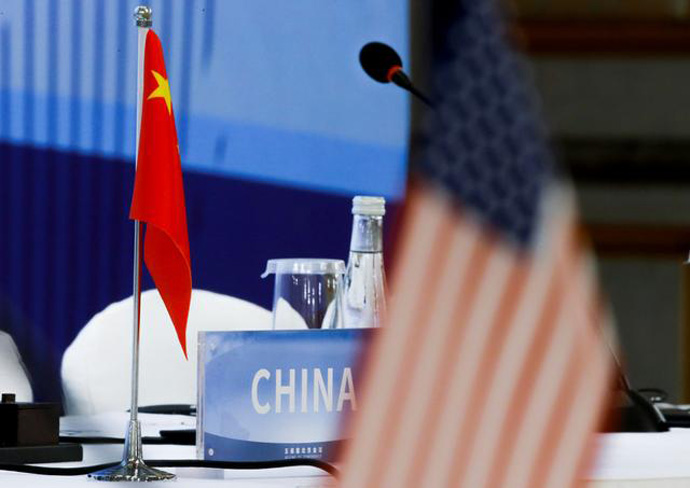
Zhu Junwei, Director, Center for American Studies, Grandview Institution
Dec 13, 2024
To avoid misunderstandings that could escalate into conflict, China and the United States must come to agreement about what strategic stability means. The concept is interwoven with the basic assumptions of each side as they negotiate, but their current mismatch is serious and undermines success.
Ghulam Ali, PhD, Monash University, Australia
Nov 22, 2024
A change in America’s political leadership will bring challenges, but China is not as vulnerable as some say. Aggressive U.S. policies could push China to diversify its investments and explore new markets, while projecting itself as a stable and predictable power.
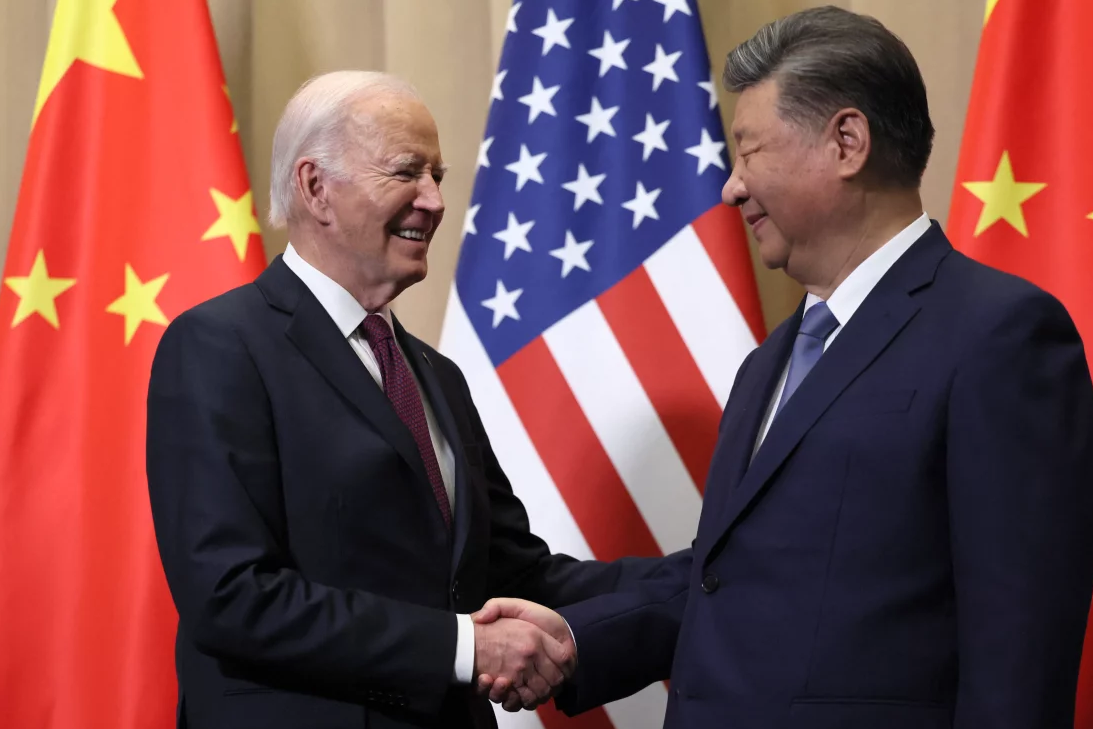
David Shambaugh, Gaston Sigur Professor and Director of China Policy Program at George Washington University, Distinguished Visiting Fellow at Hoover Institution of Stanford University
Nov 22, 2024
As the outgoing Biden administration gives way to the incoming Trump administration, Presidents Biden and Xi Jinping met in Lima, Peru for the final time as national leaders. The working summit meeting caps four years of turbulent relations between the two nations and governments. But despite tensions, the two sides have managed to successfully reestablish channels of intergovernmental communication that have served to stabilize the relationship to some extent.
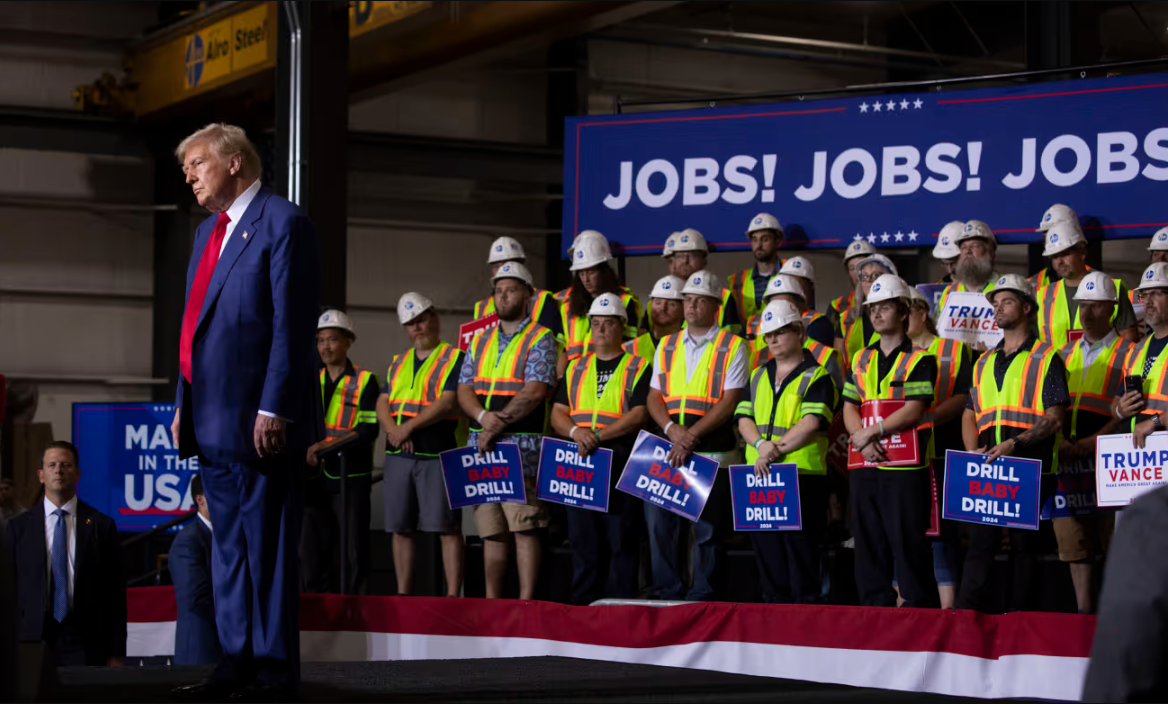
Sun Chenghao, Fellow, Center for International Security and Strategy of Tsinghua University; Munich Young Leader 2025
Nov 18, 2024
Europe may be entering a quasi-competitive phase with the United States — no longer occupying the center of U.S. foreign policy. Rather, it will have to face Trump’s tendency to de-prioritize allies, which will likely add fuel to Europe’s drive toward strategic autonomy.
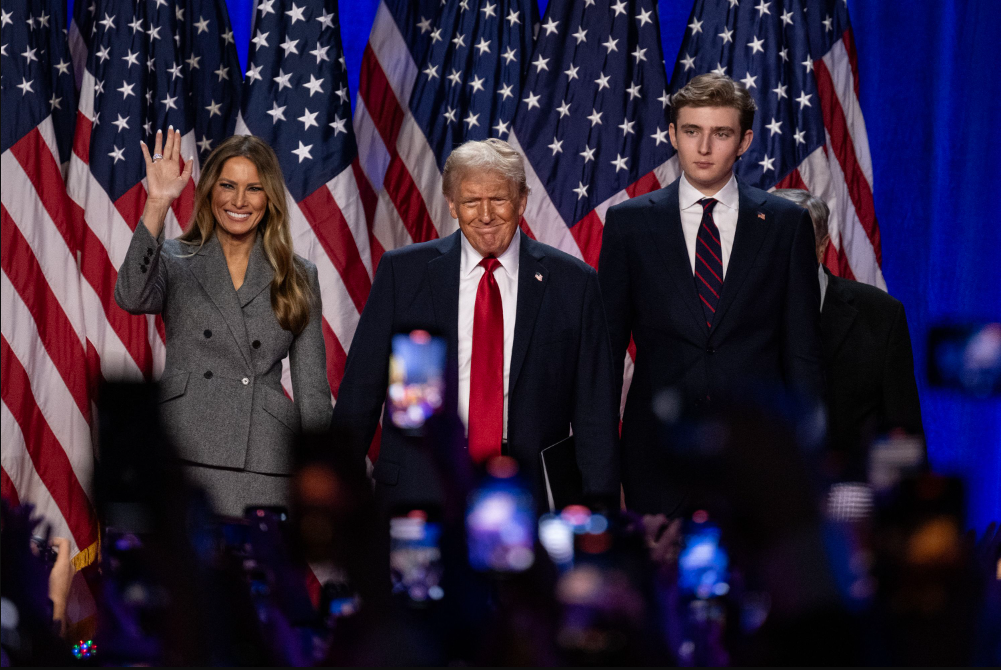
Ted Galen Carpenter, Senior Fellow, Randolph Bourne Institute
Nov 08, 2024
It’s likely that Washington’s sterile China policy will persist regardless of which candidate wins the U.S. presidential elections, a situation that could be detrimental for the entire global community.
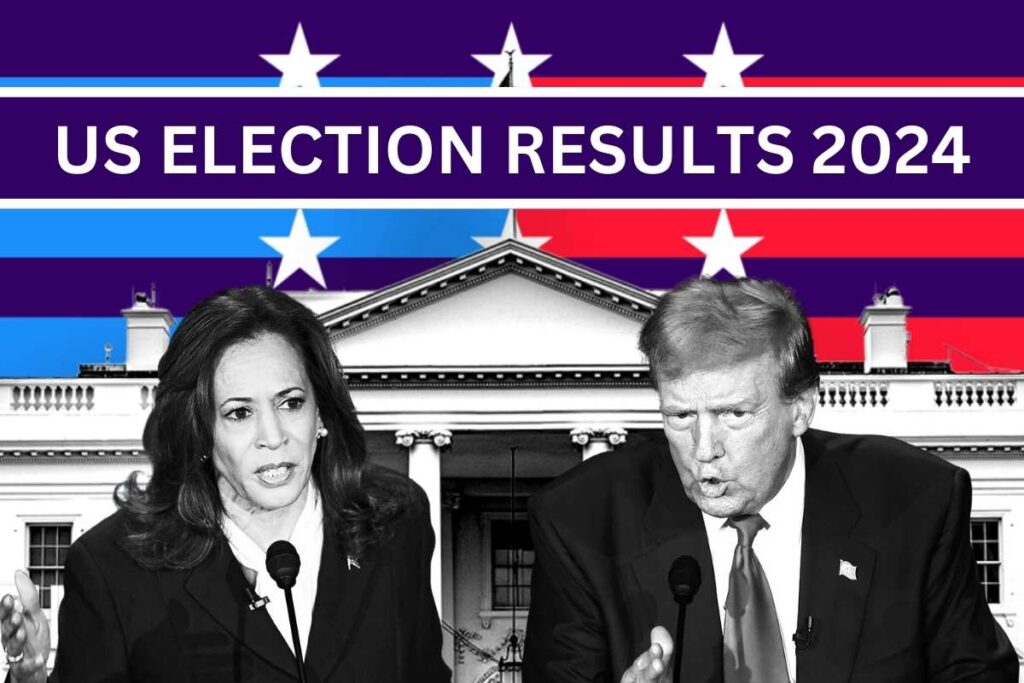
Wang Huiyao, Founder, Center for China & Globalization
Nov 03, 2024
No matter who wins on Nov. 5 — Kamala Harris or Donald Trump — the coming vote will impact the world. China and the United States have a shared responsibility to navigate the problems of climate, economic development and conflict, and constructive efforts on both sides will make all the difference. This essay explores some possible election outcomes that will affect China.
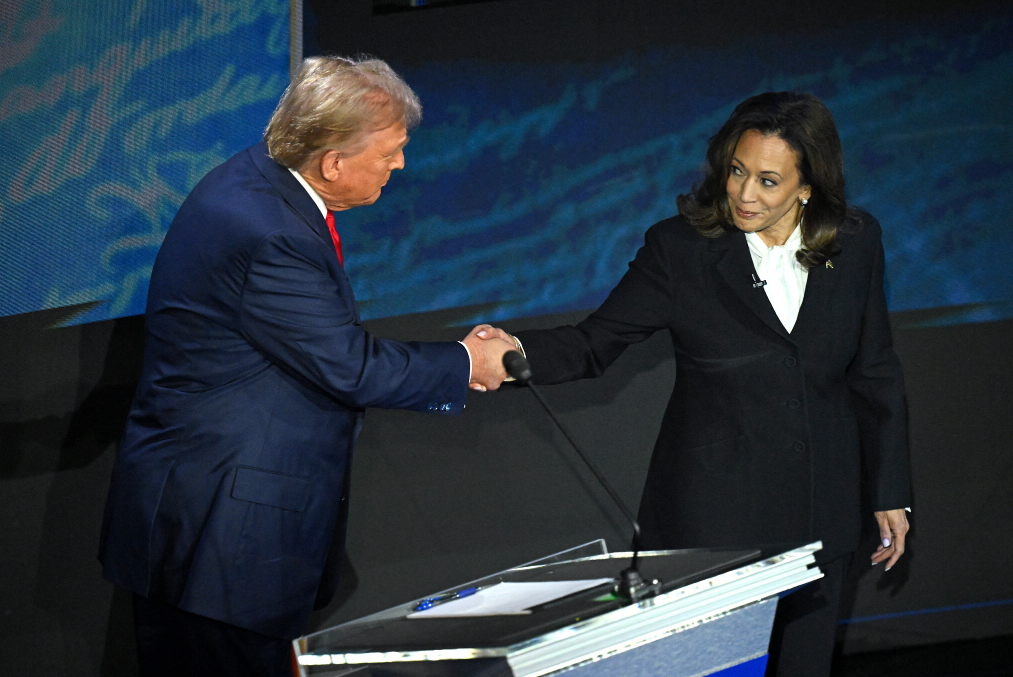
Dan Steinbock, Founder, Difference Group
Oct 30, 2024
Israel’s Iran reprisals aren't over. A broader attack may ensue in cooperation with the United States, while the war-weary, ailing region would prefer to focus on economic development with China.
Richard Javad Heydarian, Professorial Chairholder in Geopolitics, Polytechnic University of the Philippines
Sep 30, 2024
President Joe Biden recently hosted Quad leaders to celebrate their cooperation while raising concerns about rising tensions with China. Despite initiatives aimed at countering China's influence, India's growing assertiveness may lead it to distance itself from the Quad, creating uncertainties about the alliance's future amid shifting geopolitical dynamics.
Stephen Roach, Senior Fellow, Yale University
Sep 30, 2024
Other than a few glib remarks, surprisingly little was said about China at this month’s US presidential debate. Former President Donald Trump asserted that his proposed import tariffs would punish “China and all of the countries that have been ripping us off for years.” Vice President Kamala Harris, for her part, disparaged China’s pandemic response, stating that President Xi Jinping “was responsible for lacking and not giving us transparency about the origins of COVID.”
Back to Top

- China-US Focus builds trust and understanding between the U.S. and China through open dialogue among thought leaders.
- Our Offerings
- Topics
- Videos
- Podcasts
- Columnists
- Research Reports
- Focus Digest
- Stay Connected
-
Thanks for signing up!
- Get the latest stories from China-US Focus weekly.